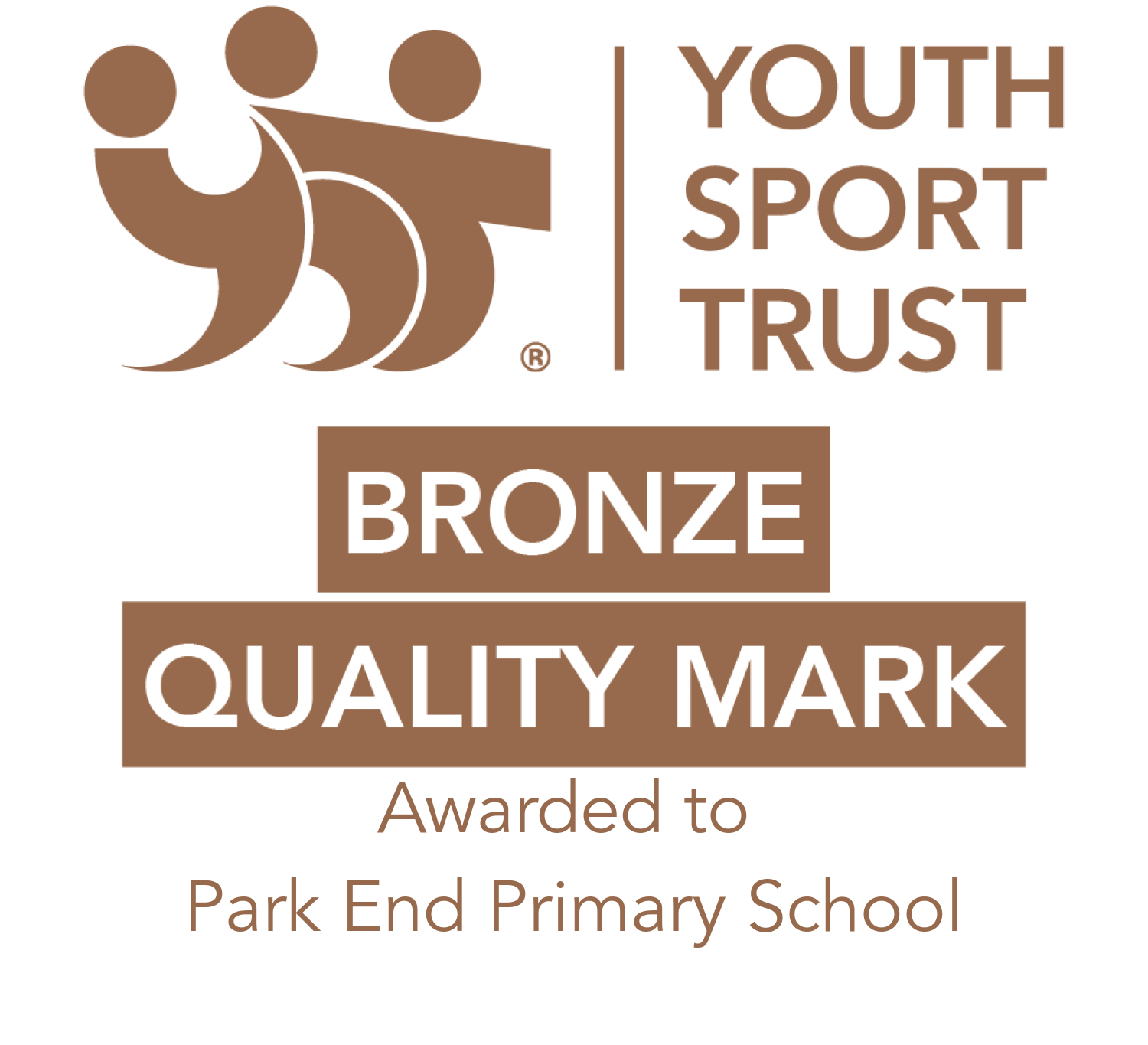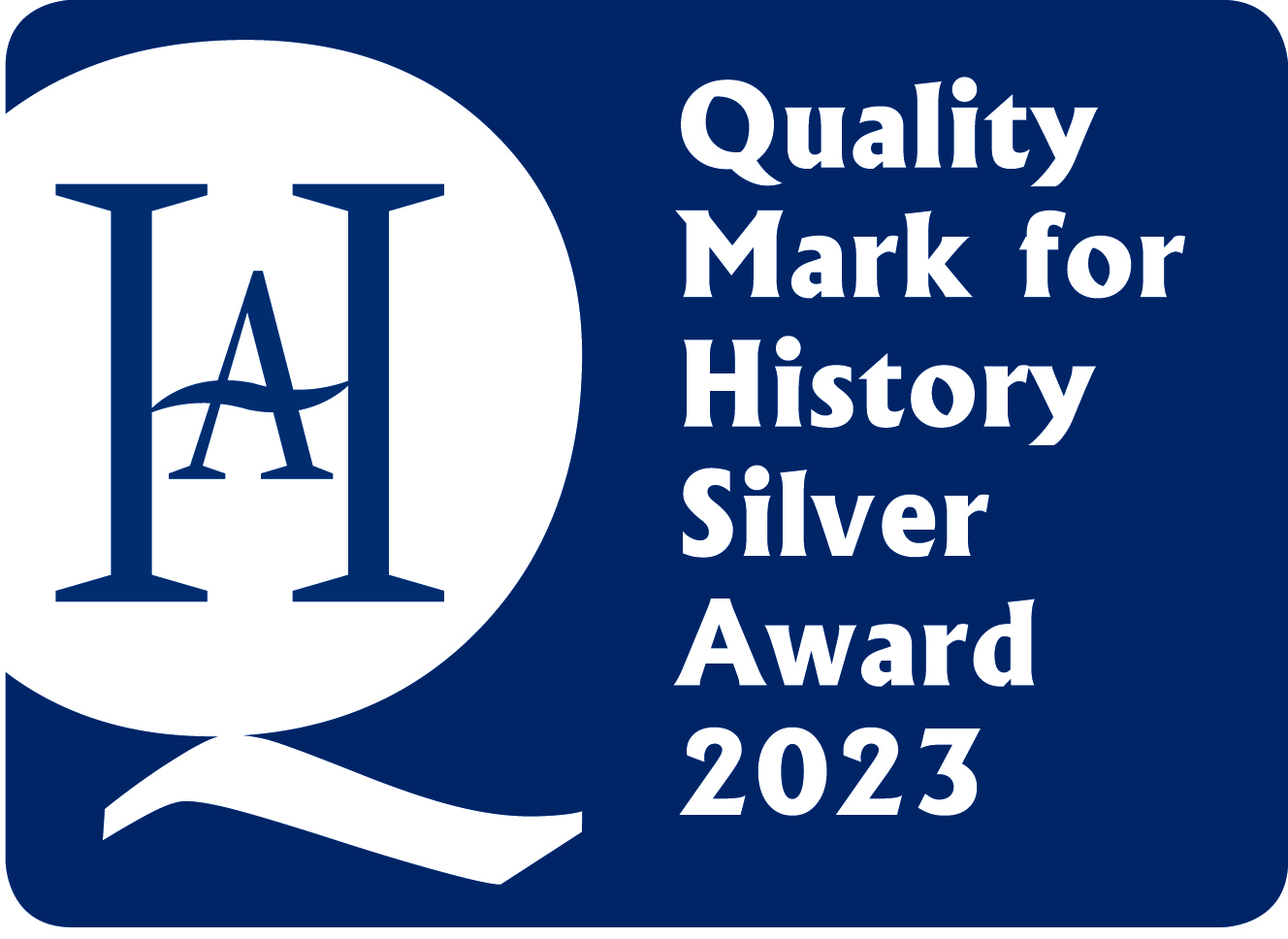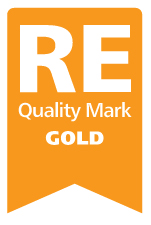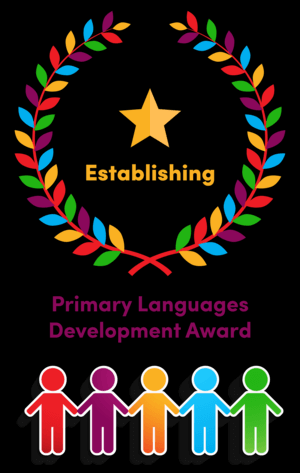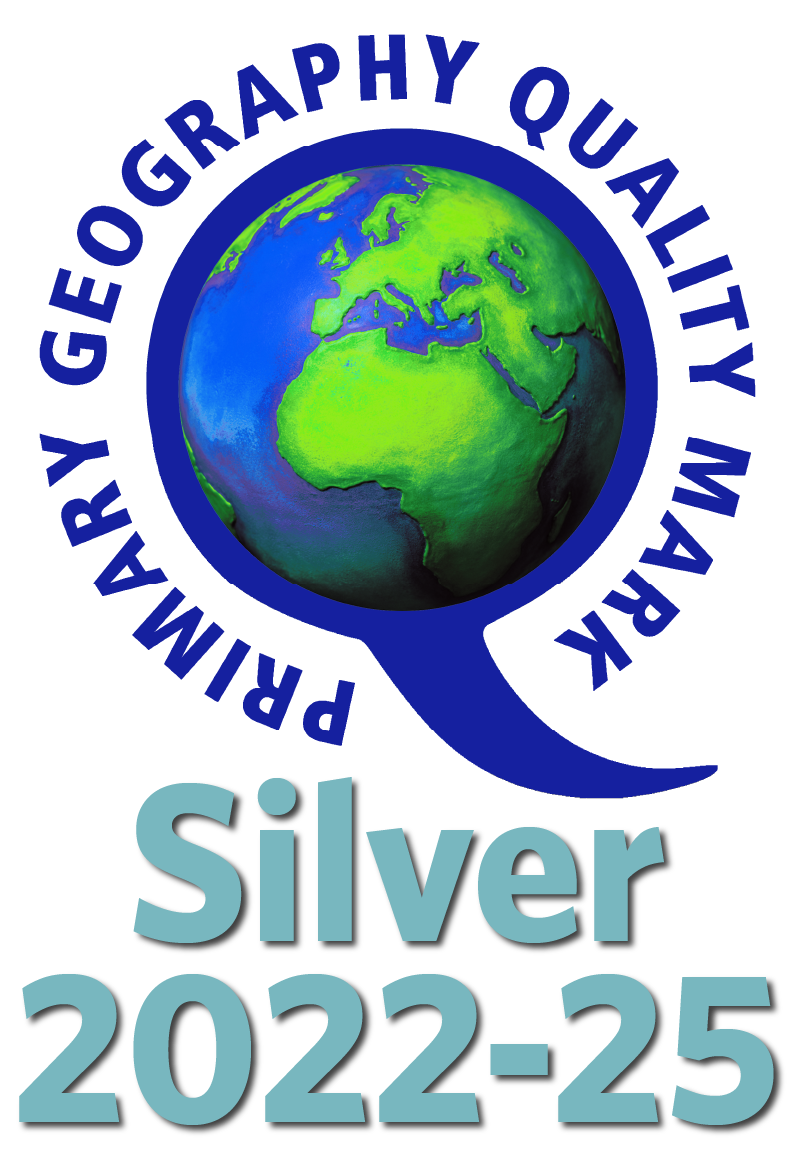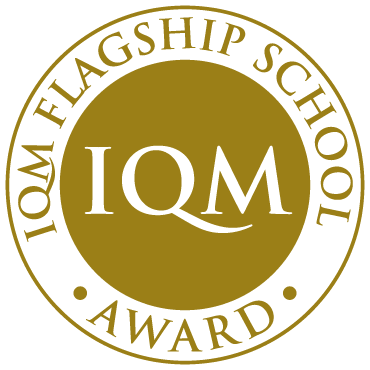Religious Education
Vision
To inspire pupils to be tolerant, respectful and knowledgeable about all religious and non-religious world views.
Intent
Our RE curriculum provides a positive context for pupils to celebrate the diversity of cultures, beliefs and values of the people of Middlesbrough, Britain and the wider world. The curriculum prepares pupils for life in modern day Britain so that they can make a positive contribution to the multicultural society in which we live.
At Park End Primary School, we intend for pupils to leave school being able to:
- Know and understand a range of religions and worldviews
- Express ideas and insights about the nature, significance and impact of religions and worldviews
- Gain and deploy the skills needed to engage seriously with religions and worldviews
Implementation
The teaching of Religious Education is a statutory requirement for all maintained schools across England.
Park End Primary School’s Religious Education curriculum has been developed in line with the Middlesbrough locally agreed syllabus for 2020-2025.
Religious Education is taught for 36 hours in Key stage 1 and 45 hours in Key Stage 2, usually in a weekly lesson.
Pupils have the opportunity to visit places of worship through school trips. The school may also invite visitors to speak to children as part of their curriculum.
Pupils take part in daily collective worship throughout school, which is broadly Christian in nature.
Parents have the right to request to withdraw their child from the Religious Education curriculum or Collective Worship. Parents themselves then become responsible for the alternative education.
Impact
Park End Primary School holds the Religious Education Quality Mark at Silver level. Please see below or Quality Mark Page on our website.
Our pupils:
- have a wide understanding and knowledge of the religions taught
- are confident and able to discuss what they have learned
- express their ideas about religious and None-Religious World Views
- are tolerant and respectful of others’ beliefs
- have a curiosity about religious education
- produce high standards of work which demonstrate their knowledge and skills
If you would like to discuss our curriculum in more detail, please contact Sharon Armes, Deputy Head Teacher and Curriculum Leader.


